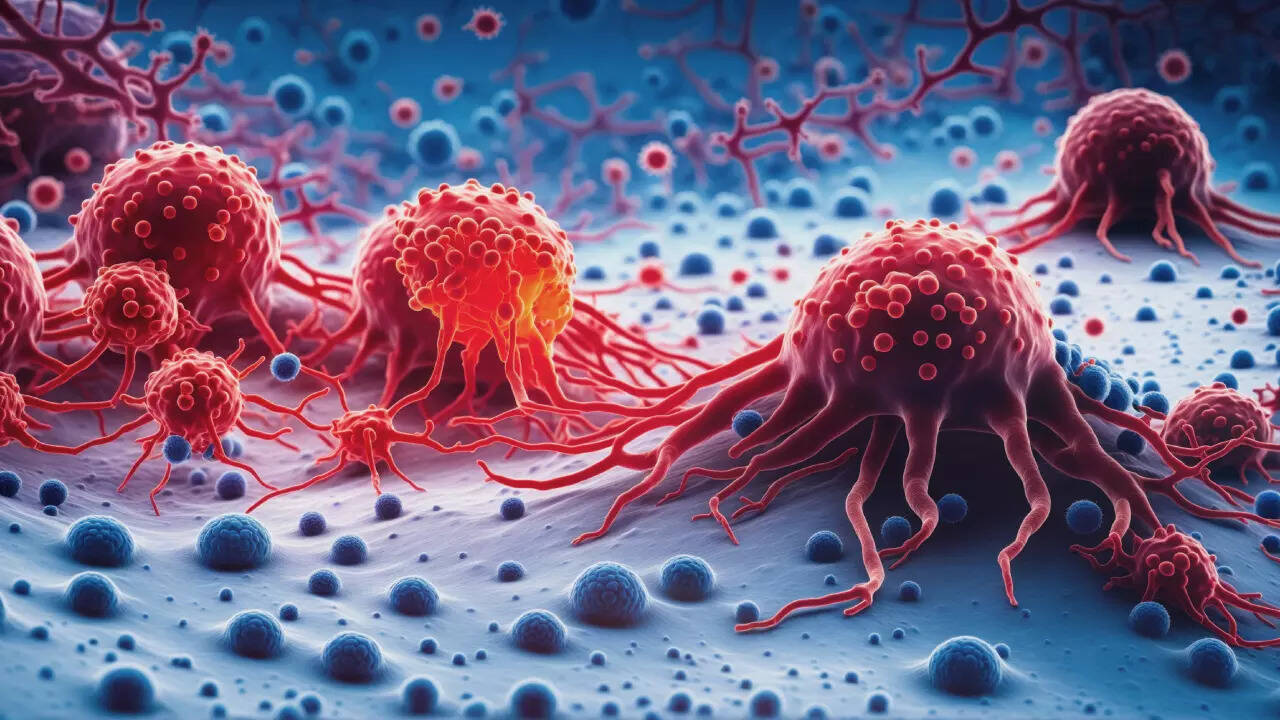A groundbreaking discovery from researchers at the University of Arizona Cancer Center offers a glimmer of hope in the fight against Merkel cell carcinoma, an aggressive form of skin cancer. Their findings suggest that pyrvinium pamoate, a drug approved by the Food and Drug Administration way back in 1955 to treat pinworm infections, may hold the key to a new treatment.
Laboratory tests have demonstrated the drug’s remarkable ability to halt the growth of Merkel cell carcinoma cells. Even more promising, the research indicates that pyrvinium pamoate can reverse the cancer’s neuroendocrine characteristics, a significant step towards effective treatment.
While still in the research phase, this unexpected finding opens up exciting new avenues for exploring alternative therapies for this challenging cancer. The potential repurposing of an existing, readily available medication offers a cost-effective and potentially accessible treatment option, sparking considerable excitement within the medical community. Further research is undoubtedly needed to confirm these promising results and to assess the drug’s efficacy and safety in human clinical trials. This research represents a significant leap forward in the ongoing battle to conquer Merkel cell carcinoma.




